

Today we’d like to introduce you to Rabih Ahmed
Hi Rabih, can you start by introducing yourself? We’d love to learn more about how you got to where you are today?
My journey with poetry began in my childhood home in the Bronx. I would scribe my words in black and white composition notebooks. One of my major influences for writing poetry was my late father. He was a scholar and trailblazer who set the tone for my love for Africana history and writing. One day in 2009, my poetry took me to the city of Johannesburg, South Africa. I was one of twelve winners of the Nelson Mandela Legacy Writing Contest. This was a dream come true. I am honored that at the age of 14, I was able to witness the power of the written word and the ways in which it connected Africana people throughout the world.
Since then, I have performed my poetry in the U.S, Brazil, Cuba and Ghana. I have taught creative writing to 1,000+ children and adults rooted in social justice and liberation. I have published my poetry in anthologies, created clothing with lines of my poetry, and curated transformative writing workshops. I am grateful to practice an art form that acts as an instrument for liberation, political dialogue, and community building.
Can you talk to us a bit about the challenges and lessons you’ve learned along the way. Looking back would you say it’s been easy or smooth in retrospect?
I wish I could describe the road as smooth. In our society, there isn’t a path carved out for writers. It is an occupation that can only be done in tandem with another line of work. This is the reason why many writers become educators. Although I love imparting wisdom and sharing all I have learned, it would be a blessing to be able to just write and live.
Throughout my journey, I have faced imposter syndrome as a writer who came from under-resourced schools and communities. In my educational journey and career, I have found that institutions of literature are rooted within Eurocentric standards of excellence. This reality of superiority marginalizes the griots (storytellers) of my community and ancestral homeland. As a writer, it is exhausting to constantly carve out room for myself within the economy and the literary world.
I would describe my journey as merciful, as guided, as intentional, as filled with countless lessons for my growth and my highest good. In all my success, I have also experienced great loss and grief. There is duality in my journey: there is deep beauty and there is rich tenderness. All of which inform my divine assignment and the work I am tasked to do on this earth-plane.
Appreciate you sharing that. What else should we know about what you do?
I am a poet, educator, and cultural curator. I am known for my poetry performances and creating spaces of healing through the arts. In 2017, I founded the company LOVE LIGHT & POETRY (LLP). LLP carves out a space for creatives who belong to the economic, racial, or ethnic margins of the traditional literary world. In a holistic approach to creative writing, I utilize art as a tool for healing and collective dreaming. Through the use of Africana history, creative writing, and pop culture, our workshops allow participants to tap into their sacred paths, expand their heart spaces, and engage in deep introspection.
I am proud that my love for poetry has expanded into curriculum development. To think, drafts of my workshops have now been facilitated in community-based spaces, businesses, school classrooms, and college campuses.
LLP inspires individuals to follow their passions and to manifest their life’s destiny. I believe we are all creators and have the beauty of choosing a medium to fill the world with love & light.
Where we are in life is often partly because of others. Who/what else deserves credit for how your story turned out?
I have been blessed with mentors and teachers that model resistance, honor our collective humanity, and embody the peace they seek in the world. My mentor, Enmanuel Candelario, was the first person to expose me to spoken word poetry. It was in a brownstone in the middle of West Harlem between 145th St. and Amsterdam Avenue, I heard Saul Williams’ voice. A Youtube video of his poem “When the Clock Strikes Me,” was playing during the Summer Liberation School program at The Brotherhood/Sister Sol. It was the first time I discovered that poetry could critique and shift society. I was inspired by writers like Saul Williams and Emmanuel Candelario to start LLP. In line with their legacy, I am able to create safe healing spaces where writers contend with the injustices of the world, build new worlds through the written word and through community.
My success is also rooted in the community I built at my alma mater, SUNY New Paltz. There, I gained a community of Black and Brown students who understood what it felt like to be marginalized on a predominately white campus. We understood the vitality of gathering together to support one another. I am utterly grateful that the majority of my supporters in the beginning of my journey were from SUNY New Paltz. These individuals assisted with helping me book performances like at the Apollo Theater and showed up to my workshops when they were just in the middle of Central Park. I send love and deep gratitude to my writing collective on campus, Urban Lyrics, for I would not have survived owithout y’all!
Contact Info:
- Instagram: https://www.instagram.com/artistrybyrabih/ | https://www.instagram.com/lovelightandpoetry__/
- Youtube: https://www.youtube.com/channel/UC8-gOtI7t_DVn6uLjKhOAJw
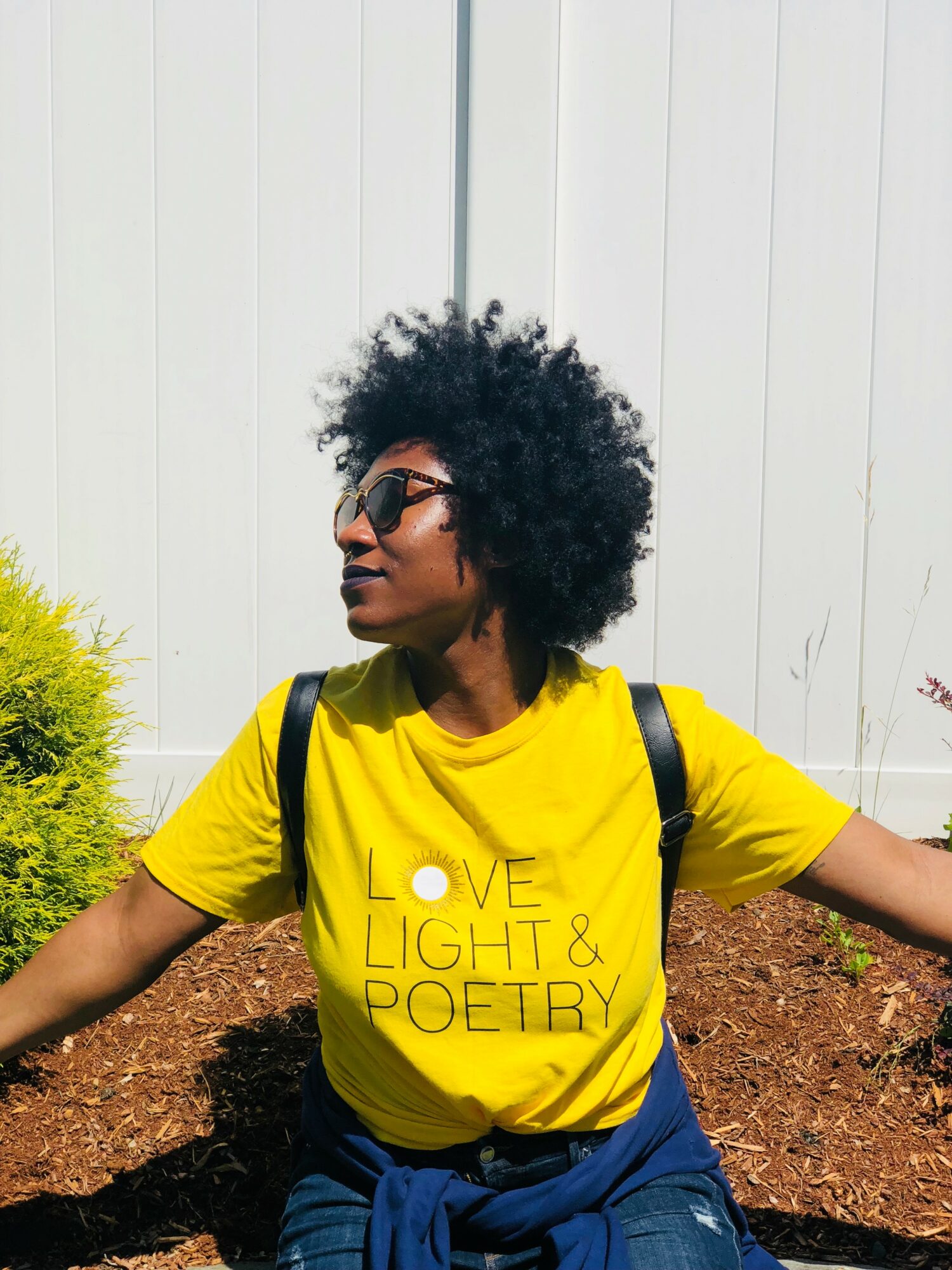
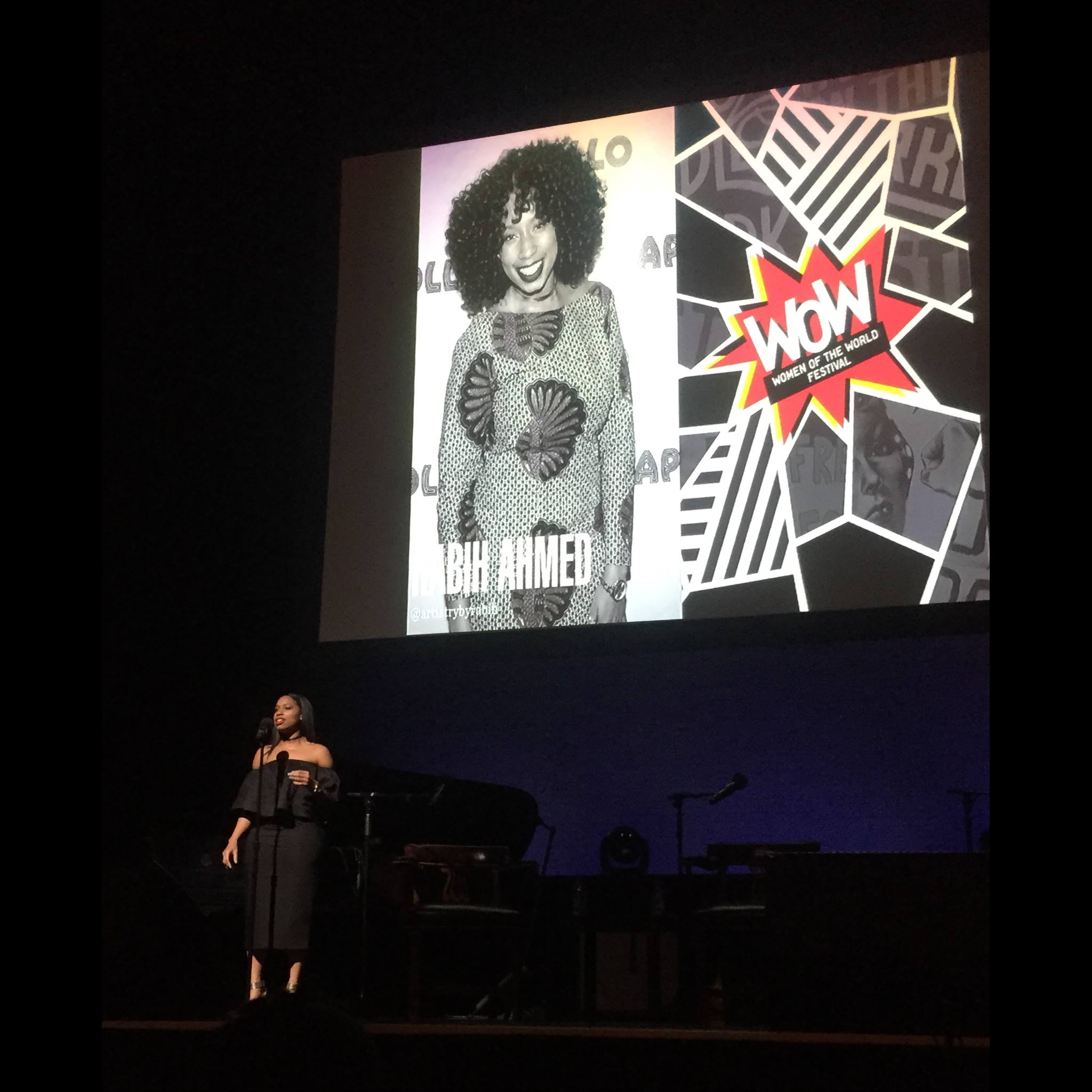
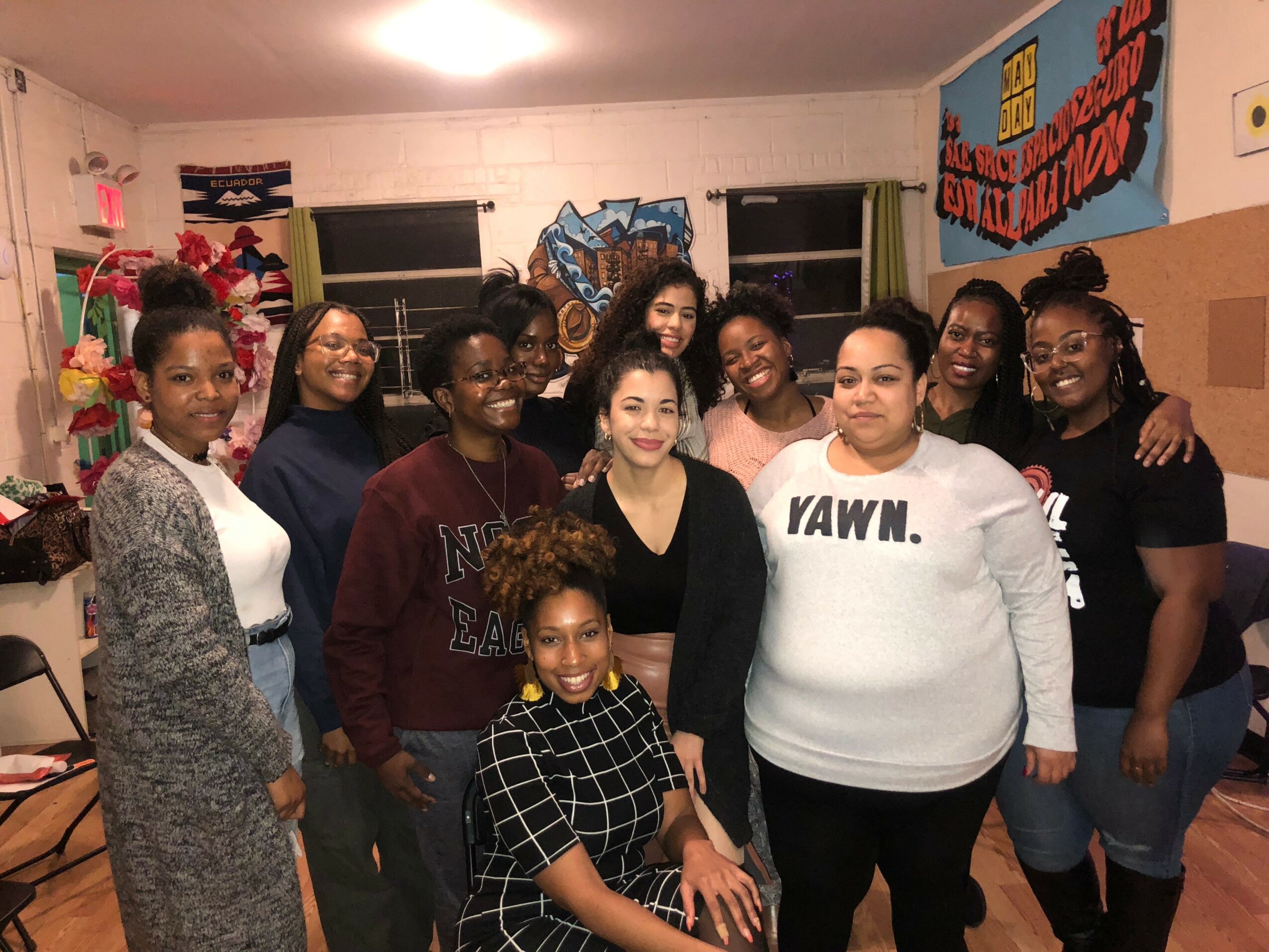
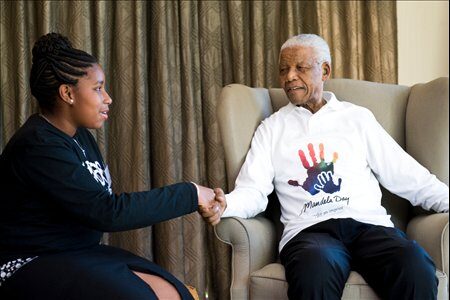
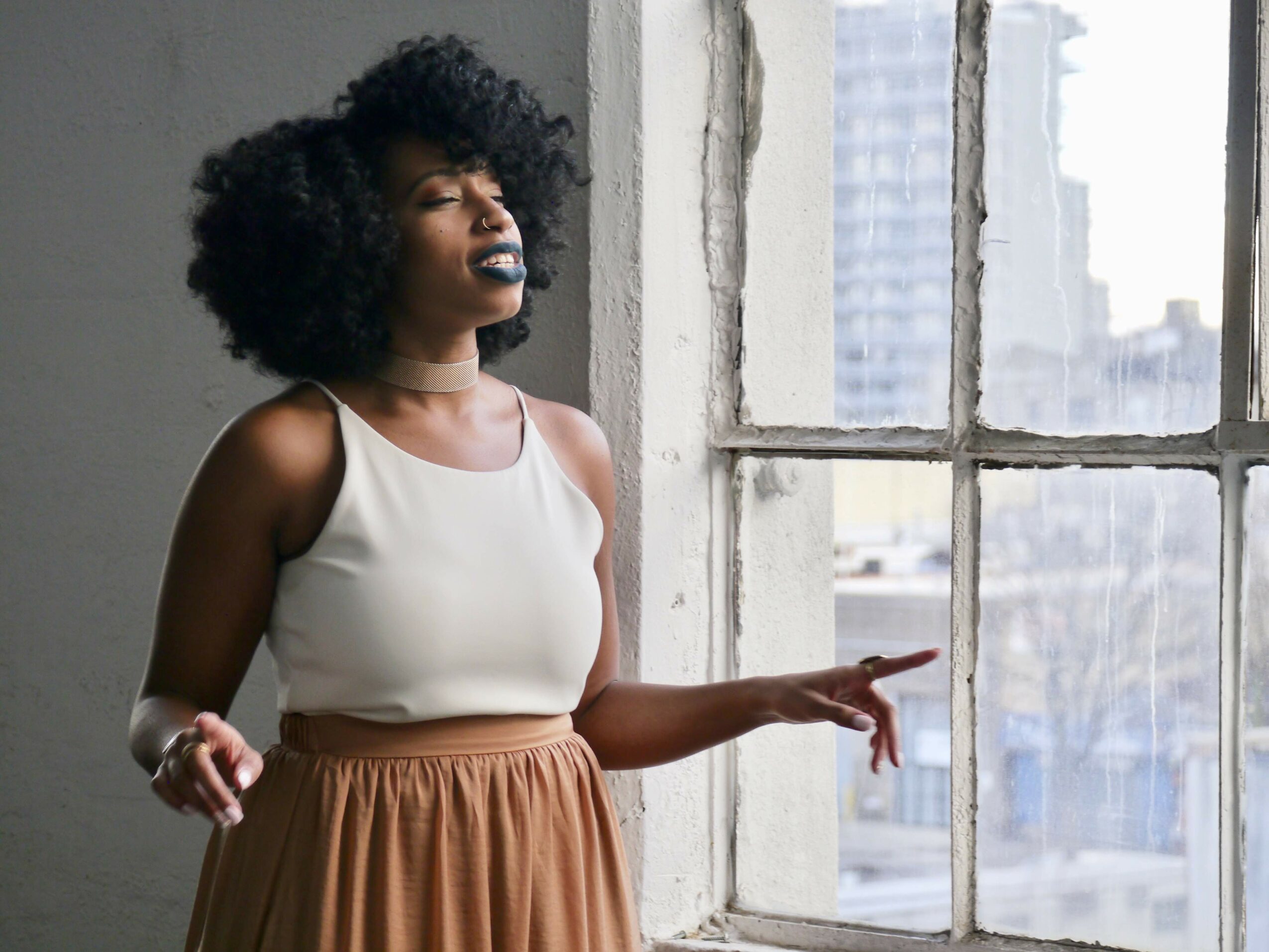
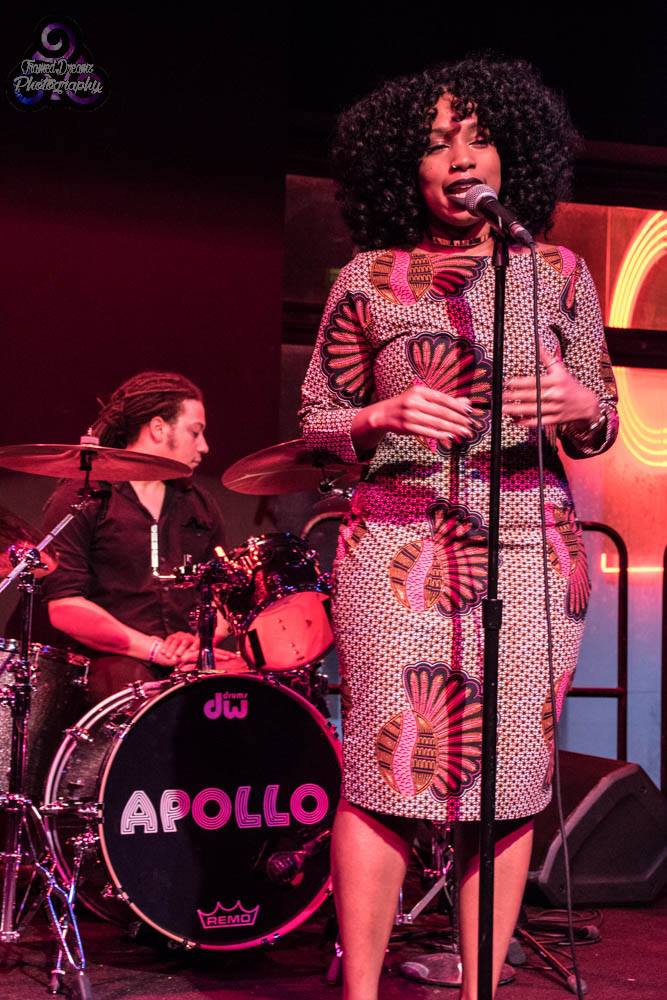
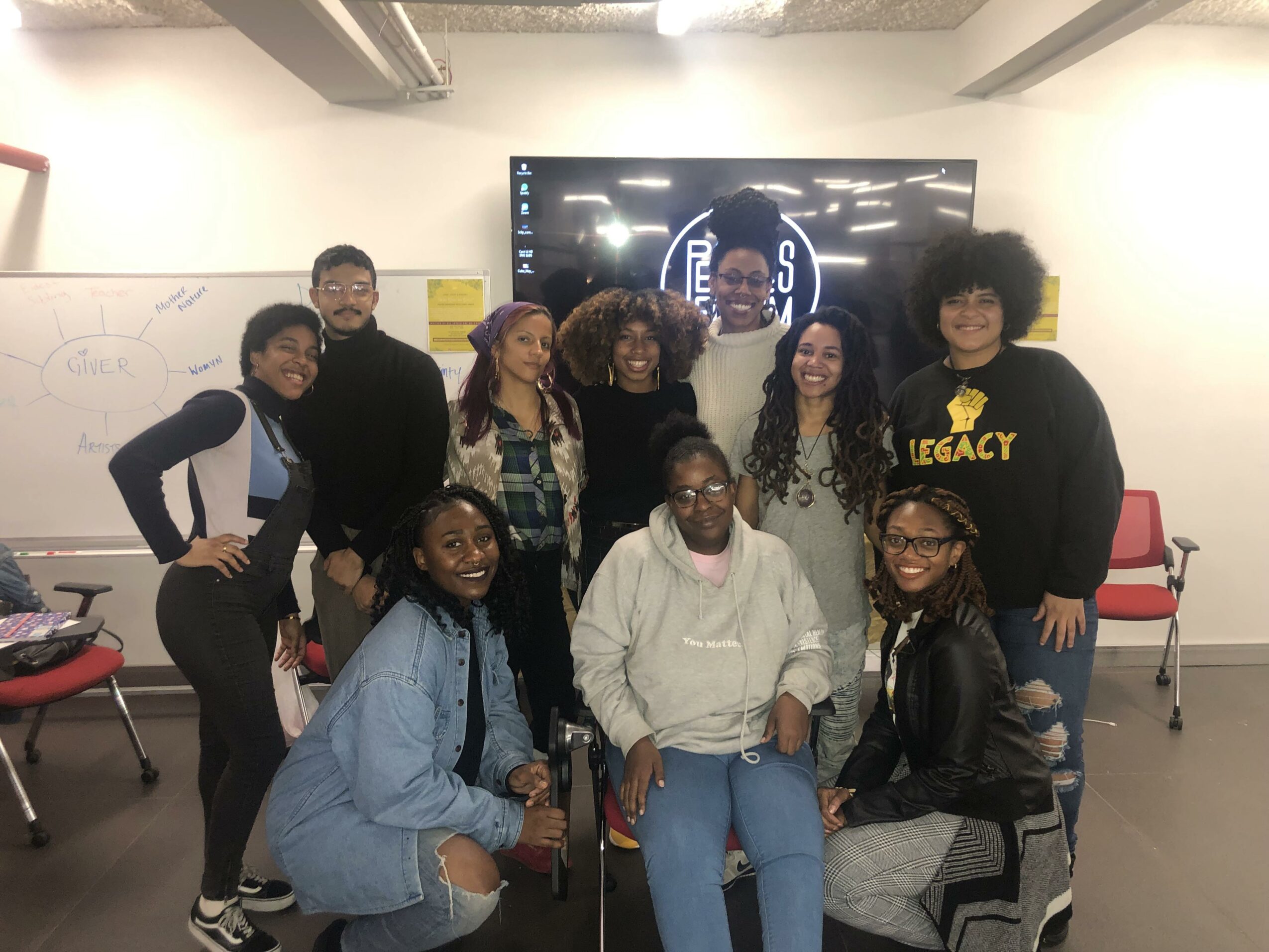
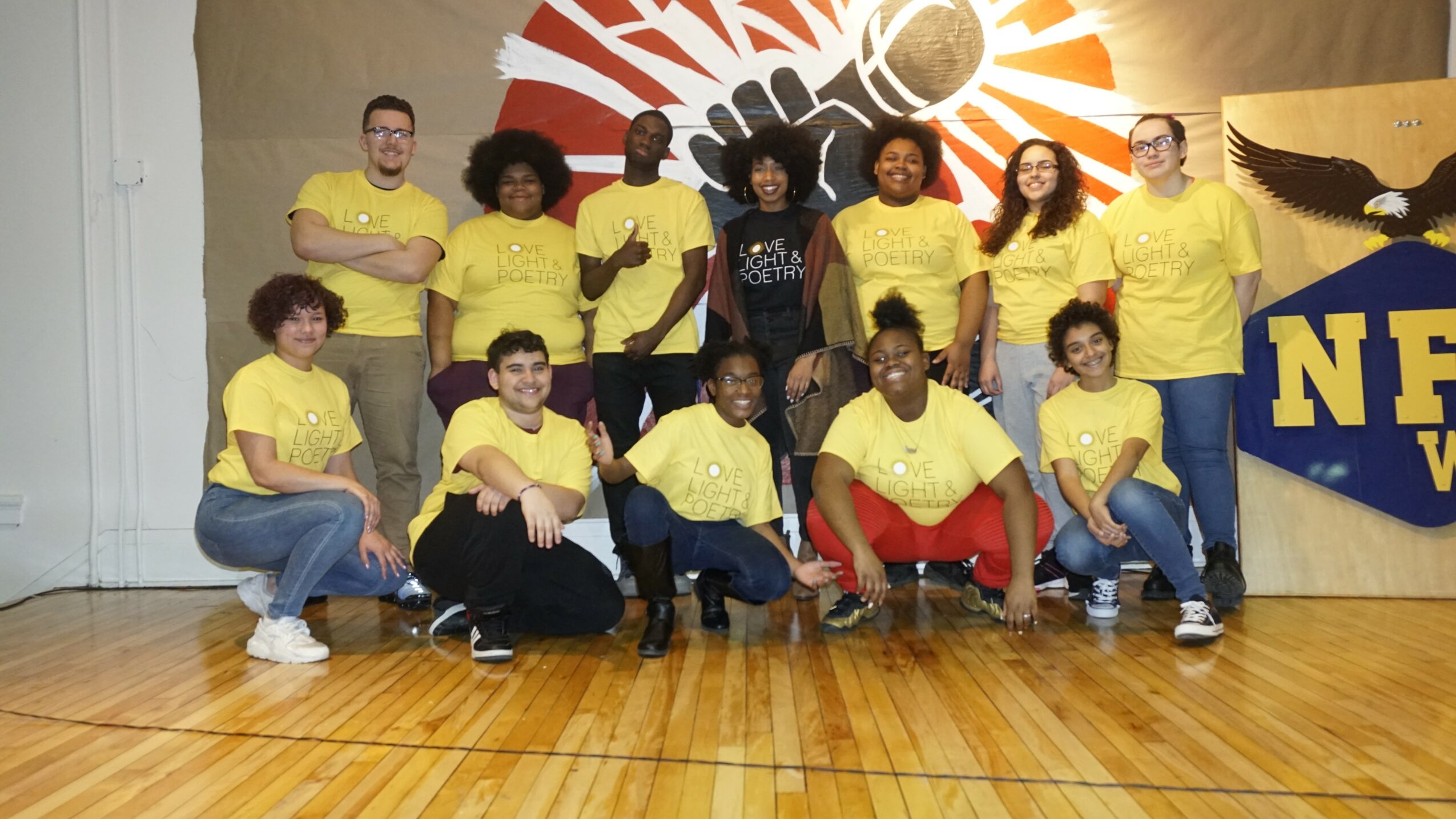
Image Credits
@a_gvisuals (Personal Photo)














